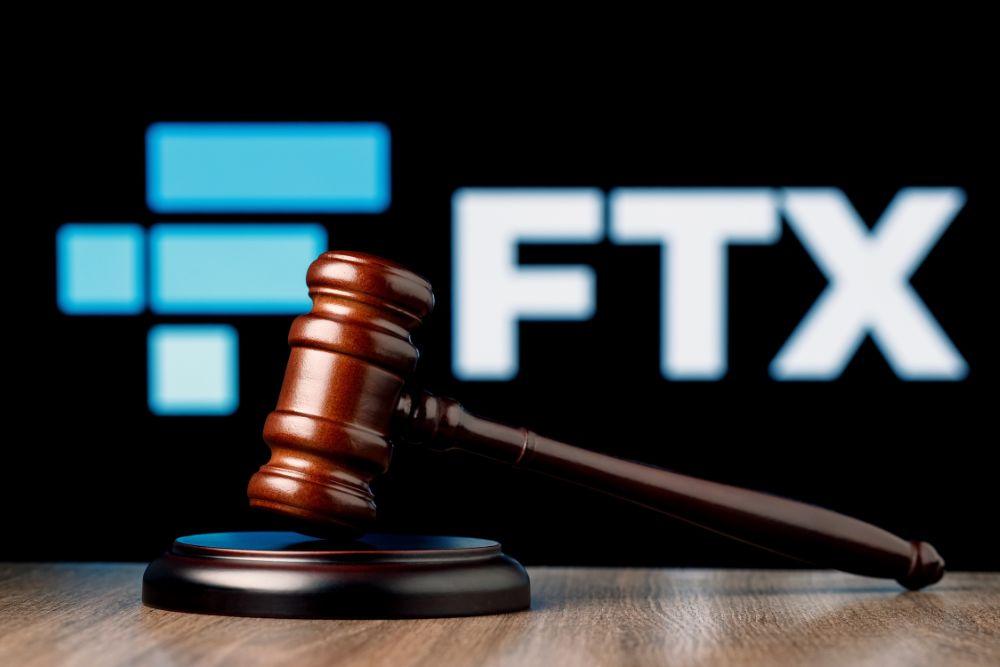The Australian computer scientist Craig Wright, who falsely claimed to be the founder of Bitcoin, has been sentenced to 12 months in prison and suspended for two years. The verdict served by a British Judge was mainly for contempt of court after breaching a High Court order.
The one-year suspended sentence serves as a warning, allowing Wright to rehabilitate and avoid imprisonment if he complies with the conditions.
Wright Bags One-Year Prison Sentence
Earlier this year, Wright lost a legal battle against the Crypto Open Patent Alliance (COPA), a non-profit group that includes crypto firms. The lawsuit argued that the computer scientist falsely claimed to be Satoshi Nakamoto, the pseudonymous creator of Bitcoin. The court barred the accused from launching further legal action related to Bitcoin.
However, in October, Wright issued another Bitcoin-related claim worth over $1.1 trillion. The court deemed his latest act unremorseful and a flagrant breach of the first court order, a “contempt of court” offense.
In response, the court threw out Wright’s latest legal claim and ordered him to pay around $181,530 of COPA’s legal costs. His refusal to attend the hearing and subsequent claim that he couldn’t afford to travel to the UK was seen as an attempt to avoid accountability.
Wright May Face More Penalties
The court also found Wright guilty of “forgery on an industrial scale.” The Crown Prosecution Service is yet to decide whether to bring criminal charges against him for the hundreds of forged documents related to the case.
The Bitcoin community has condemned Wright’s actions, with many seeing his claims as an attempt to discredit the crypto and its developers. Notably, the crypto’s original white paper, “Bitcoin: A Peer-to-Peer Electronic Cash System,” was released in 2008 and authored under Satoshi’s name, not Wright’s.
The prison sentence is a blow to Wright’s reputation, and he will likely face further consequences for his actions.
Not the First Crypto-Related Sentencing
Several other figures in the crypto industry have also faced prison sentences for various offenses. One example is Ross Ulbricht, the founder of the Silk Road darknet marketplace, who was sentenced to life in prison in 2015 for money laundering and computer hacking.
Sam Bankman-Fried, the founder of the bankrupt crypto exchange FTX, pleaded not guilty to the charges. He was later found guilty, sentenced to 8 years in prison, and ordered to forfeit $2.2 billion. He now shares a prison cell with American hip-hop music producer Sean Combs, also known as Diddy.









